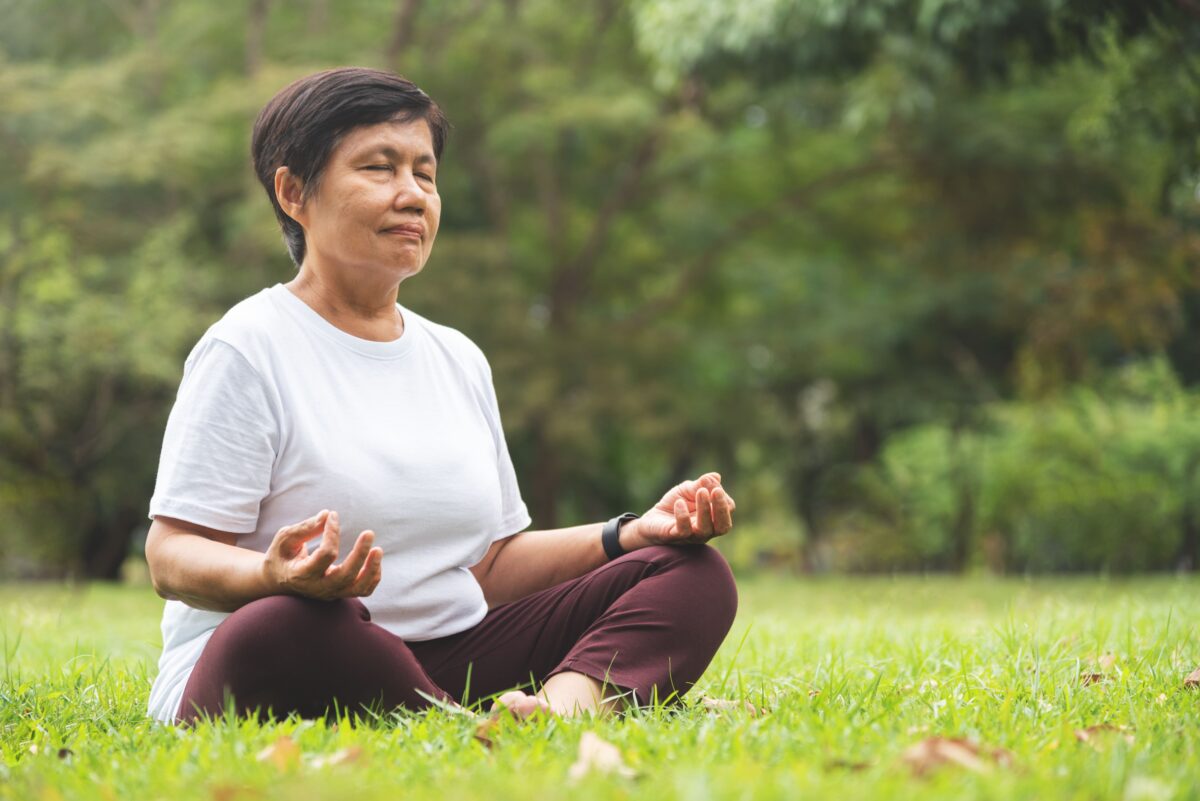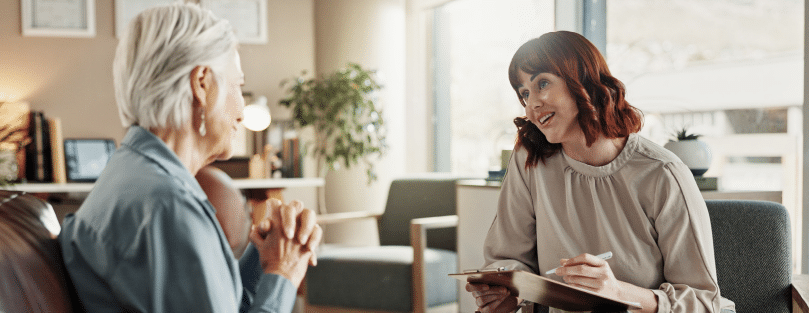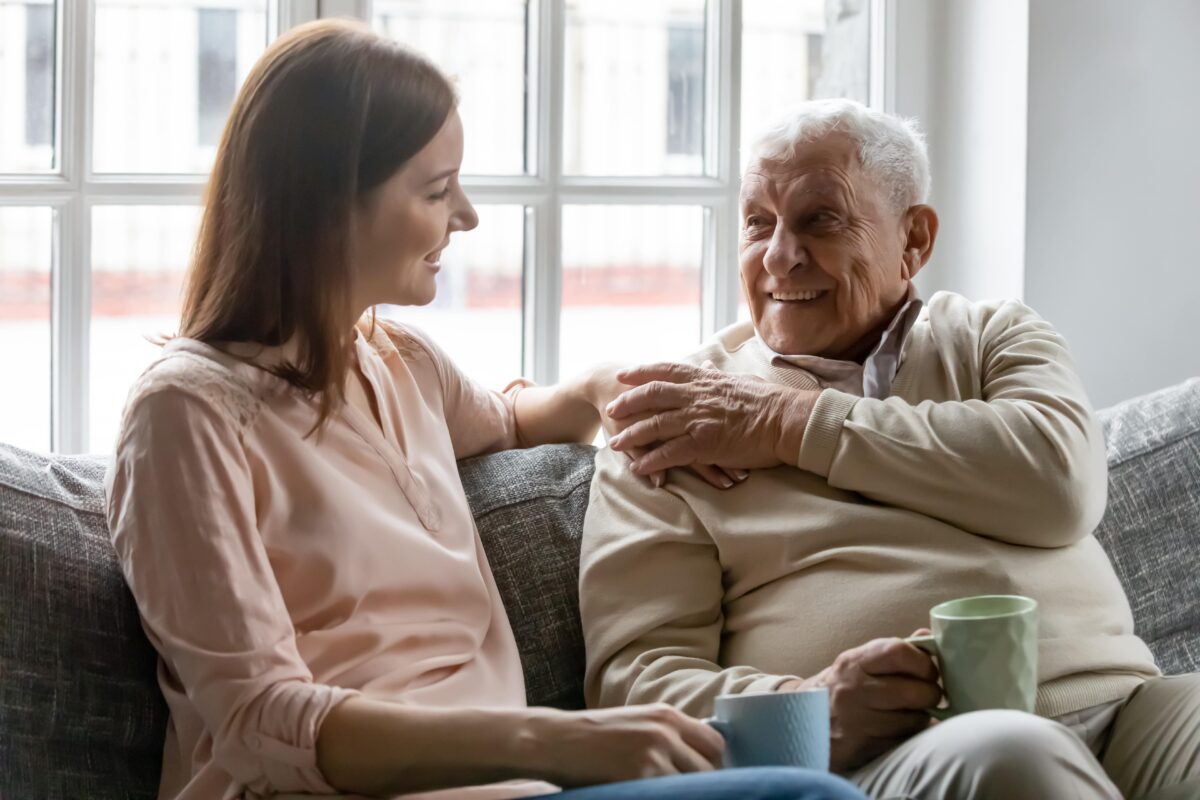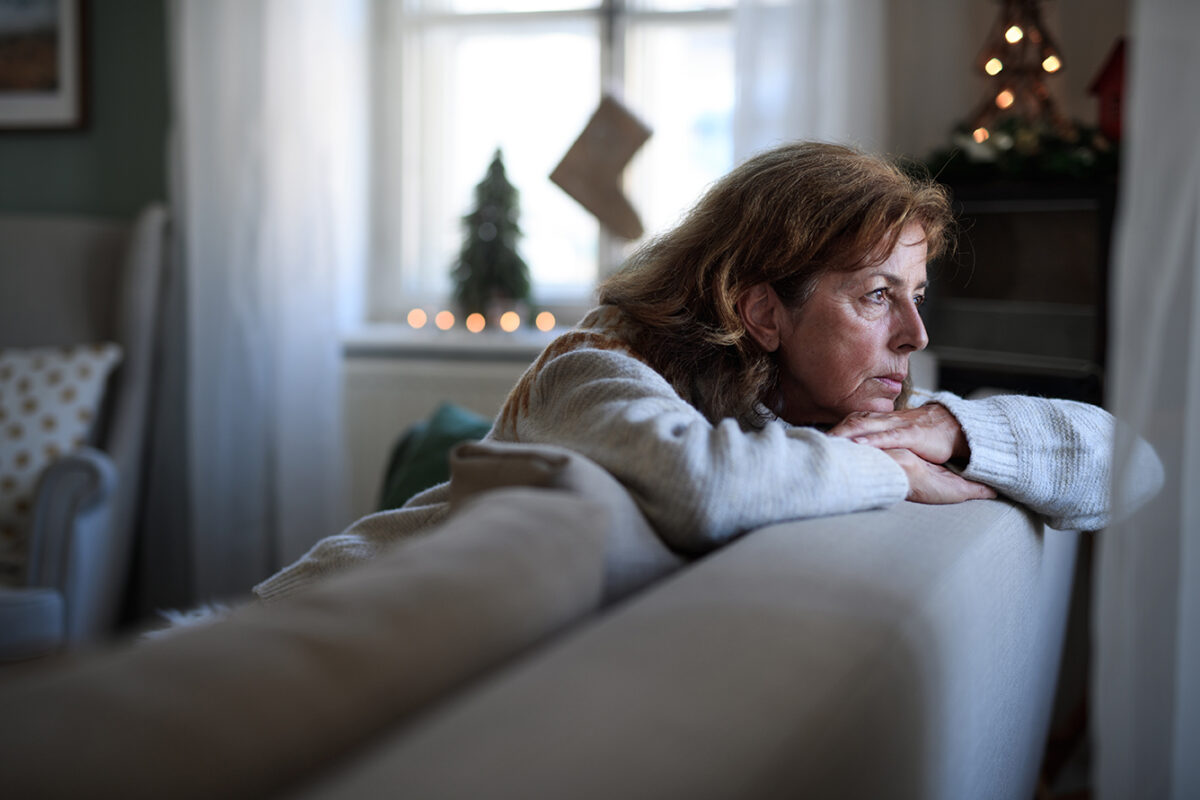COVID and Quarantine: The Mental Health Consequences
By Tamar CooperMarch 9, 2021
You may be interested in:

News > CEO Blog
Mental Health
I measure every Grief I meetWith narrow, probing, eyes–I wonder if It weighs like Mine–Or has an Easier size.-- Emily Dickinson Over the last 2 weeks, how often have you felt down, depressed, or hopeless? This is one of the questions used in the PHQ-2, an assessment tool that can help identify someone at risk for...

Articles
Honor Your Mental Health on World Mental Health Day
Sunday, October 10, is World Mental Health Day. Those of us who serve on the staff of the Behavioral Health Services (BHS) department of the Benjamin Rose Institute on Aging demonstrate our dedication and commitment to helping older adults with mental health issues not only on this special day, but every day. Our organization has a long history of service to those older adults who struggle with their mental health. We believe that recognizing the importance of breaking the stigma attached to mental health issues and encouraging all people to take care of themselves, especially their emotional and mental wellbeing, is key to a life well lived.

Articles
Caregiving, the Holidays and COVID
The COVID pandemic roller coaster has been operating since March, forcing us onto the ride and refusing to let us off. We have made adjustments: we restrict our outings into the community, wear masks when we do go out, maintain 6 feet distance and wash our hands until they turn red. We have been forced to accept that the pandemic is as much about loss as it is about health. And while we got used to a little taste of “normalcy” during the warmer months, just as the holiday season approaches, we are again asked to limit our travel and minimize contact with others. Now, rather than anticipating gatherings with friends and family, we must instead ask ourselves: “Should I?”, “Can I?” and “How can I possibly face another loss?”

Videos
The Impact of Cybercrimes on Mental Health in Older Adults
Cybercrimes have increased 20 percent since the onset of COVID-19 in 2020. Romance scams stole more than $139 million from older adults in 2020. According to a report by the Federal Trade Commission, that’s a 65 percent increase from 2019, when reported losses were nearly $84 million. While the monetary loss is staggering, it is often the devastating emotional toll that impacts the mental health of older adults, their families and those that care for them the most. This webinar will explore the topic of cybercrimes, why older adults are targets, the impact this trauma can have on an individual's mental health and ways to find help in the community.

Articles
Why Mental Health Counseling Matters for Older Adults
May is Mental Health Month—a time to raise awareness and reduce stigma about mental health challenges that affect people of all ages. While mental health concerns are often associated with younger populations, older adults can and do experience depression, anxiety, grief and stress, especially during life transitions like retirement, the loss of a spouse or changes in health.

Mental Health First Aid Training
August 13, 2025 8:30 am
This event is sold out. Learn to support mental heath in older adults. Benjamin Rose is pleased to offer Mental Health First Aid (MHFA) Training, a one-day, 8-hour (in-person) certification course designed for individuals who work with older adults. In this training you will learn how to assist and support older adults who may be...

Articles
Helping Older Loved Ones Face Changes in Mental Health
For older adults, mental illness is a conversation made difficult by stereotypes. Assumptions like “Old people are just stubborn” or “He’s become mean as he’s aged” cause many to dismiss mental illness in older adults. For caregivers, messages like these can make it difficult to differentiate mental illness from what are considered “normal parts of aging.”

Articles
Social Isolation and the Holidays During the COVID-19 Pandemic
Isolation has been a common theme of the COVID-19 pandemic. From the early days, we were encouraged to “socially isolate,” and while doing so is challenging for many of us, it is still considered to be a positive action for the good of our communities. But social isolation has a negative side, one that has existed long before the pandemic.







